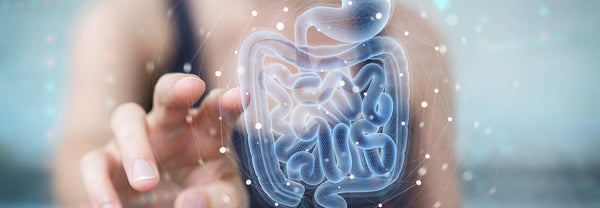Microbiome
Science

What is Microbiome?
Over millions of years, humans have been home to the microbiome — the collection of all microorganisms and their corresponding set of genes within an organism. G-NiiB focuses on the microbiome located in the human gut. A common misunderstanding is that all these microorganisms are harmful. This is untrue because some microorganisms assist the body’s immunological, metabolic, and nutritional functions. Over 100 trillion of microbes live inside our body and it makes up 1-3% of human mass, reflecting the influence of the microbiome on human health. Interestingly, big data analysis on G-NiiB’s extensive database reveals that Asian and Chinese populations have unique microbiomes compared to other ethnicities. G-NiiB is one of the few companies that offers microbiome solutions tailored to the Asian and Chinese populations.
In healthy individuals, microbiome aids food digestion, regulates immunity, protects against pathogenic infection, and participates in the synthesis of vitamins and other nutrients. In diseased individuals, evidence shows an imbalance of beneficial and pathogenic microbes in the human microbiome, a phenomenon known as dysbiosis.
Dysbiosis is shown to correlate with numerous health issues such as overweight, overreaction of immunity, metabolic problems, cardiovascular health, mental health, gut problems, liver problems and malnutrition in muscle, etc. These correlations supports the microbiome as an avenue for health problem diagnosis, prevention, and treatment. G-NiiB develops microbial diagnostic test and therapies in relation to below health indications:






